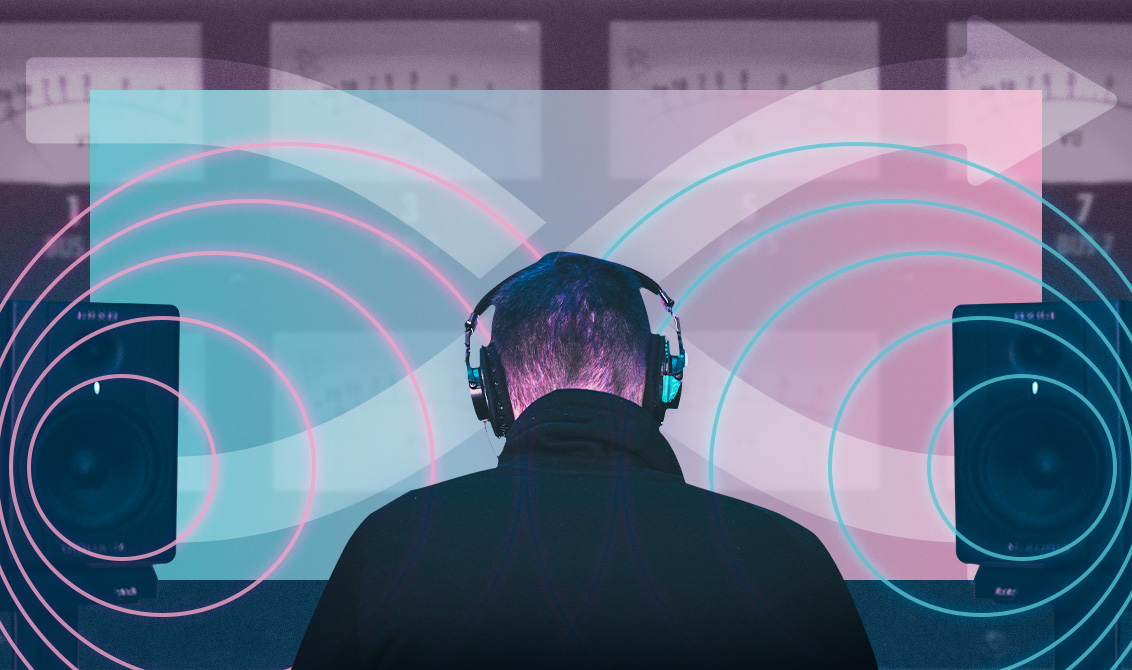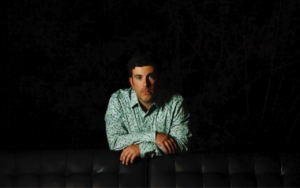
Can I sample copyrighted music without permission if it’s less than 6 seconds of audio?
[Disclaimer: I’m not a lawyer. Just sayin’… ]
Is sampling legal? Let’s be honest: Sampling music law is often difficult to understand and expensive for independent musicians.
If you’re lucky enough to reach the label and publisher, and even luckier to have them grant you permission to use the sample, those same rights holders often set terms that are financially prohibitive for the average independent artist.
So I understand why musicians might think one of these two things:
- “Oh, it’s just a short little sample. I’ll sneak it in here and hope no one notices.”
- “This sample makes the whole track and I’m not changing it. I’ll just let them sue me later once the song is a hit.”
But DON’T.
You need TWO different permissions in order to legally use a sample from an existing recording in your own music:
- one license for the usage of the master recording (which is often owned by a label)
- and one license for the usage of the underlying composition (which is controlled by the publisher/songwriter)
Unlike the license to distribute a cover song, neither of these two sampling licenses are compulsory, meaning the copyright owner doesn’t HAVE to grant you permission. In fact, they can pretty much dictate the terms for the usage of the sample (though there are some general practices, as shown below)… and you can either agree to those terms or head back to the studio to remove all instances of that sample from your track.
How do you find the publisher of the composition you’re sampling?
Search for the song you’re sampling in the databases of ASCAP, BMI, SESAC, SOCAN, and Harry Fox.
How do you find the label that owns the recording you want to sample?
Locating the label that owns the copyright to the sound recording can be more difficult, since labels gobble each other up and catalogs switch hands every so often. But a good starting point is to look at the liner notes of a CD! Beyond that, ask the Internet.
What you’ll have to pay to sample music from a major catalog
Let’s say that you’ve presented your track to all the copyright owners. Both the label and publisher have listened and liked what they heard. What now?
Well, the publisher is apt to want an advance (think of it like a clearance fee) which can run you anywhere from a few hundred to several thousand dollars or more, PLUS a percentage of all revenue generated by the song. I’ve seen this listed on some music law sites as anywhere from 15% to 50%, depending on how prominently the sample is featured in the new song.
The label who owns the master recording will also want an up-front fee similar to the advance you’ll pay to the publisher, PLUS something called a “rollover” — which is a royalty calculated based on a sales threshold. (Once you’ve sold X amount of discs or downloads, you’ll owe us $X.)
So, you decided to put a little bit of Ray Charles into your latest dance track, and look how much it’s cost you before the song is even available for sale. Ouch!
What if you can’t get in touch with the copyright holders?
The above scenario assumes you received a reply from the copyright owners in the first place. That’s a big assumption! Lots of times, big labels and publishers don’t want to bother with independent artists’ sample clearance requests. (“Come back when you’re signed, and maybe we’ll negotiate with you then!”)
So… that leaves a world where sampling is happening — yes, lots and lots of sampling is happening — and yet clearing those samples often feels like a fool’s errand for unsigned artists. No wonder lots of myths and misinformation get spread around this complicated issue.
One of those common myths is this: you can legally sample a copyrighted song without permission as long as the sample is shorter than 6 seconds, or 11 seconds, or 15 seconds…
FALSE!
You CANNOT sample music without permission, no matter how short or long the sample is.
Copyright is copyright. And if the sample is recognizable (hell, even if it isn’t recognizable), you’re using another person’s intellectual property in order to construct or enhance your own. You control the copyright to songs you write – and you’d expect the same for your work.
Think about the famous case of Vanilla Ice borrowing the bass line from “Under Pressure.” The sample is probably only 3 seconds long, but that didn’t stop Queen and David Bowie (or their labels/publishers) from swooping in to collect the cash.
So no, you can’t legally sample something (no matter what the length) unless you’ve cleared that sample with both the owner of the song and the owner of the sound recording.
The realities of sampling today
That being said, plenty of people are releasing music these days with samples that haven’t been cleared. And right or wrong, it’s easy to understand why that practice has become so commonplace considering the difficulty and upfront cost of clearing samples, the shifting cultural attitudes around copyright, as well as changes in music technology and distribution.
More people than ever before have access to affordable recording and sampling tools. We have access to the entire history of recorded music — which is like a sampler’s playground stretching across the whole planet and back in time more than a century. And we have access to easy (and independent) distribution, which means it’s harder for publishers and record companies to monitor and control what’s being released, because it’s no longer being exclusively channeled through that major label system.
So, could you just include some samples on your next album or single without clearing them? Maybe — though you’d be violating the contract you sign with your distributor and disc/vinyl manufacturer, and if those entities caught wind of it they’d be obligated to remove your music from their service until you’d proven you had legally cleared the samples.
But what happens if your track starts getting airplay or becomes a hit on YouTube? Suddenly the world is taking notice, and that means the publishers and labels who own the copyrights to the sampled song will be close behind. And once you’ve VIOLATED their copyright by distributing the song illegally, they can sue you for infringement, make you pay some huge fines, and force you to stop distributing the song.
That would suck. So clear those samples if you can. If you can’t, maybe come up with another musical element that works in its place (and preferably something you write and record yourself so you don’t have to go through all this legwork again).
A library of pre-cleared samples
If you need to replace a sample with one that you know can be legally cleared, check out TrackLib, a music service with a huge library of samples you can license today for use in your tracks.
And lastly, if you’re dead set on using the groove, riff, vocal phrase, or hook from another song in your own music… you could RE-RECORD the sample yourself. That way you can bypass the copyright owner of the sound recording and just deal with the publisher. Clearing the sample with the publisher is still no picnic, but at least you’ve cut out half the work!
What has your experience been with using or clearing samples?
Let us know in the comment below, and feel free to share YouTube links for both your recording and the source material!

